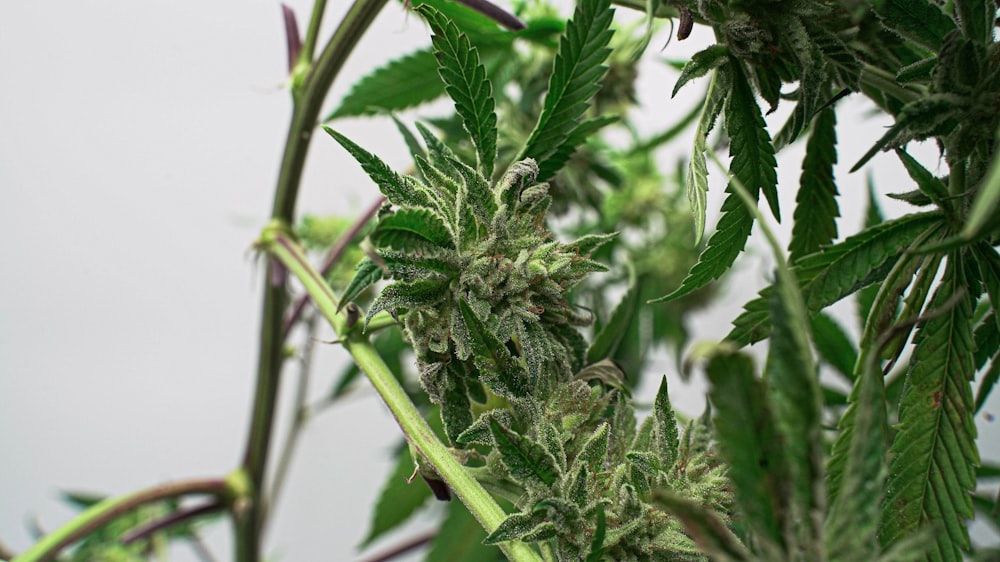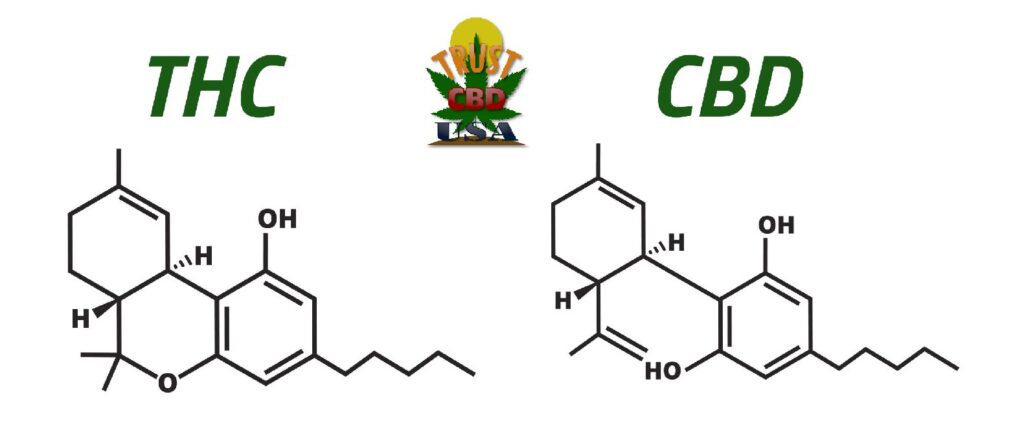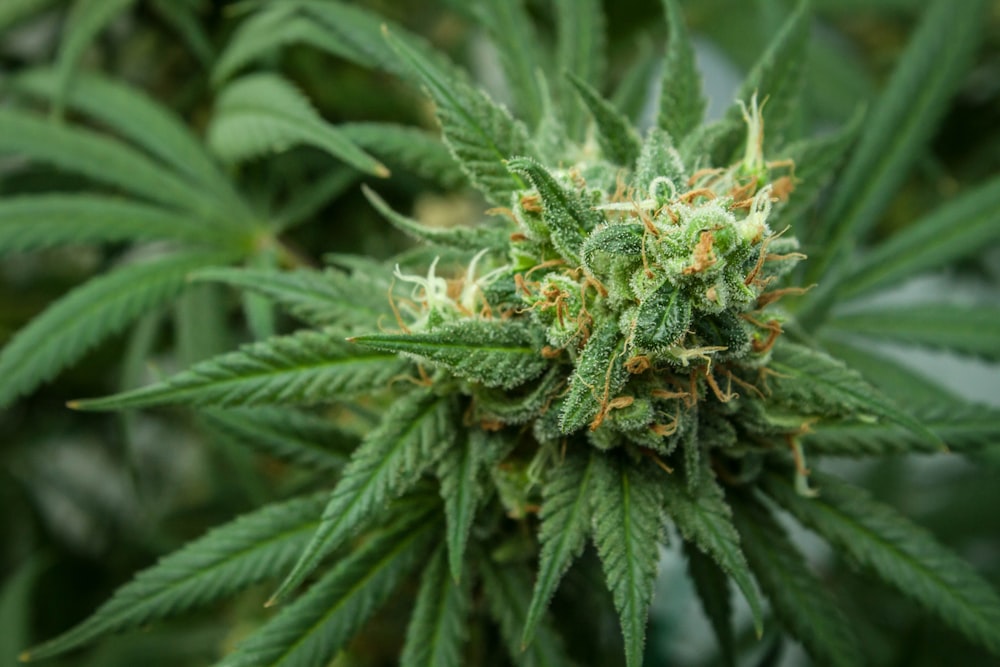What is cannabidiol?
Cannabidiol or CBD is one of over a hundred naturally occurring phytocannabinoids found in the cannabis plant.
What are Phytocannabinoids?
While a cannabis plant contains over 400 different compounds, those unique to the plant genus Cannabis are known as phytocannabinoids. There are one hundred and thirteen unique phytocannabinoids that have been identified through scientific research. Find out just why cannabidiol is quickly becoming one of the most important cannabinoids alongside its sister tetrahydrocannabinol (THC).
CBD Research

CBD was first isolated first isolated from the Cannabis sativa Linnaeus plant by Roger Adams in 1940. Adams was a Harvard alumnus and a prominent organic chemist at the University of Illinois. He spent several years of his career researching the chemistry of marijuana.
Later on, it was discovered that cannabinoids bind to endocannabinoid receptors in the human body and are responsible for the effects of cannabis. CBD binds to CB2 receptors that help regulate sleep patterns, swelling, mood, and pain.-+
CBD is an Isomer
Isomers are compounds that share the same chemical formula but differ in structure and properties. For example, cannabidiol and tetrahydrocannabinol are isomers. Seven cannabinoids total share the chemical formula C21H30O2.
- Cannabinol (CBN) ; sedative, antibiotic, anticonvulsant, and anti-inflammatory.
- Cannabidiol (CBD) ; anticonvulsant, antioxidant, reduces anxiety, treats psychotic disorders, relieves pain, reduces inflammation, and relieves spasms
- Tetrahydrocannabinol (THC) ; antioxidant, anti-inflammatory, induces a euphoric high, relieves pain
- Cannabigerol (CBG) ; antibiotic, anti-fungal, anti-inflammatory, and relieves pain
- Cannabichromene (CBC) ; antibiotic, anti-fungal, anti-inflammatory, and relieves pain.
- Tetrahydrocannabivarin (THCV) ; induces a euphoric high and relieves anxiety.
CBD is sometimes extracted then converted into THC through a variety of laboratory techniques.

The Endocannabinoid System (ECS)
The endocannabinoid system (ECS), to which CBD binds, is responsible for setting the baseline activity levels of our immune system and nervous system, which then work to maintain our health. When the ECS falls out of alignment, the systems that they collectively regulate begin to malfunction. So, it’s possible that CBD can help to alleviate the symptoms of conditions that are caused by dysfunction of the endocannabinoid system.
According to a 2013 review published in the British Journal of Clinical Pharmacology, studies show CBD to possess antiemetic (reduces nausea), anticonvulsant (suppresses seizures), antipsychotic, antioxidant, anti-cancer, anti-depressant, and anti-inflammatory properties. CBD provides relief from an array of maladies including inflammation, anxiety, pain, seizures, spasms, cancer, nausea, PTSD, depression, and infections.
Non-Psychoactive
Cannabidiol does not provide any psychoactive effects, making it favorable both medically and legally. While you will not get “high” from cannabidiol, the evidence suggests that CBD can be used as a sleep aid, anti-inflammatory, seizure suppressant, pain inhibitor, and more.

CBD in Healthcare
CBD has already begun to revolutionize healthcare treatment. In the US for example, Epidiolex is prescription only, FDA approved, proprietary oral solution containing pure plant-derived cannabidiol. Epidiolex is used to treat seizures associated with Lennox-Gastaut syndrome (LGS), Dravet syndrome, or tuberous sclerosis complex (TSC) in patients 1 year of age and older. Dronabinol, a synthetic copy of delta-9-tetrahydrocannabinol, has been in development since 1985. Prescribed as Marinol, the drug was first used to treat AIDS-related anorexia, then later sleep apnea and nausea induced by chemotherapy treatments.
CBD Laws
Although CBD laws vary greatly from state to state, CBD derived from hemp is treated differently than CBD derived from marijuana. As of 2019, CBD derived from a state licensed grower’s hemp is legal in all 50 states.
There are currently ten states where cannabis is entirely legal for medicinal and recreational use. If you live in Alaska, California, Colorado, Maine, Massachusetts, Michigan, Nevada, Oregon, Vermont, or Washington, then you are able to legally use CBD that comes from hemp or marijuana. As of 2019, only Idaho, Nebraska, and South Dakota carry restrictions on all cannabis and cannabis-derived products.
In the remaining 37 states, CBD derived from hemp is legal as a result of the passage of the most recent “farm bill” through congress. This law includes language which has effectively taken administration of hemp growing away from the Drug Enforcement Agency and given oversight to state governments.
A Growing North American Marketplace

The North American cannabidiol market is expected to grow to a whopping $61.7 billion by the year 2027. The expansion is being attributed to a “wide variety of therapeutic benefits” such as the treatment of “anxiety, chronic and neurological pains, sleep disorders, stress, and nausea.” While there are many CBD products like roll-ons, balms, lotions, tablets, gel capsules, and gummies, CBD tinctures (oils) are expected to account for a large percentage of the overall CBD sales in the coming years.
References
https://respirerx.com/pharmaceutical-cannabinoids/
https://www.agriculture.senate.gov/download/farm-bill/agriculture-improvement-act-of-2018
https://www.globenewswire.com/en/news-release/2021/06/02/2240157/0/en/Cannabidiol-CBD-Market-Trends-2021-North-America-Europe-APAC-Industry-Forecasts-2027-Graphical-Research.html
https://www.ncbi.nlm.nih.gov/pmc/articles/PMC7693730/
